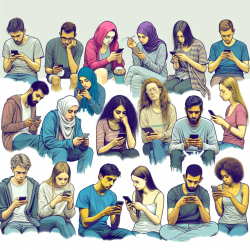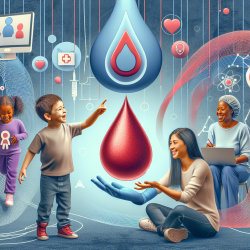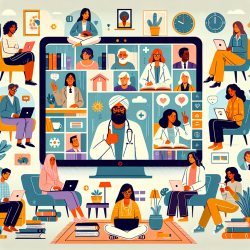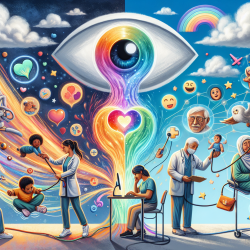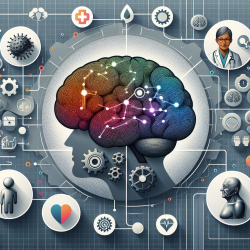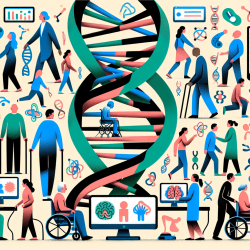The digital age has brought about an explosion in smartphone and internet usage, leading to a rise in both generalized and specific problematic use. This trend is particularly concerning among young adults, who often find themselves tethered to their devices. A recent study titled "Comparing generalized and specific problematic smartphone/internet use: Longitudinal relationships between smartphone application-based addiction and social media addiction and psychological distress" sheds light on the complex relationship between smartphone addiction and psychological distress.
The Study: Key Findings
This longitudinal study focused on university students in Hong Kong, examining the temporal associations between generalized and specific problematic smartphone/internet use and psychological distress. The research utilized the Smartphone Application-Based Addiction Scale (SABAS) for generalized problematic use and the Bergen Social Media Addiction Scale (BSMAS) for specific problematic use related to social media.
- Generalized Problematic Use: The study found that both the initial level and growth of generalized problematic smartphone/internet use were significantly associated with psychological distress.
- Specific Problematic Use: Similarly, the initial level of specific problematic social media use was linked to both the initial level and growth of psychological distress.
The findings suggest that addressing problematic smartphone/internet use can potentially mitigate psychological distress among young adults.
Implications for Practitioners
The study offers valuable insights for practitioners aiming to improve mental health outcomes among young adults. Here are some practical steps that can be taken:
- Educational Programs: Implement educational programs in schools that focus on digital health and mental wellbeing. These programs should raise awareness about the risks of excessive smartphone/internet use.
- Mental Health Screenings: Encourage regular screenings for problematic smartphone/internet use as part of routine mental health assessments in educational institutions.
- Treatment Interventions: Consider incorporating cognitive-behavioral therapy (CBT), motivational interviewing, or mindfulness interventions to help individuals manage their smartphone/internet use effectively.
- Targeted Interventions: Develop interventions that specifically address social media addiction, given its significant impact on psychological distress.
The Need for Further Research
This study highlights the importance of continued research into the effects of digital technology on mental health. Future studies should explore diverse populations beyond university students to enhance the generalizability of findings. Additionally, examining other forms of specific problematic internet use, such as gaming or online shopping, could provide a more comprehensive understanding of digital addictions.
The insights gained from this research are crucial for developing effective strategies to combat the negative impacts of digital addiction on mental health. By staying informed and proactive, practitioners can play a pivotal role in fostering healthier relationships with technology among young adults.
